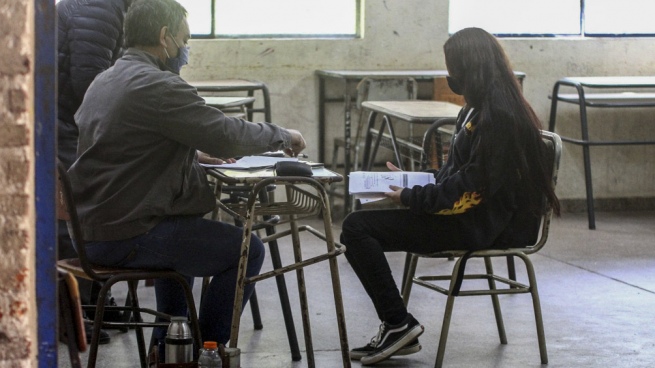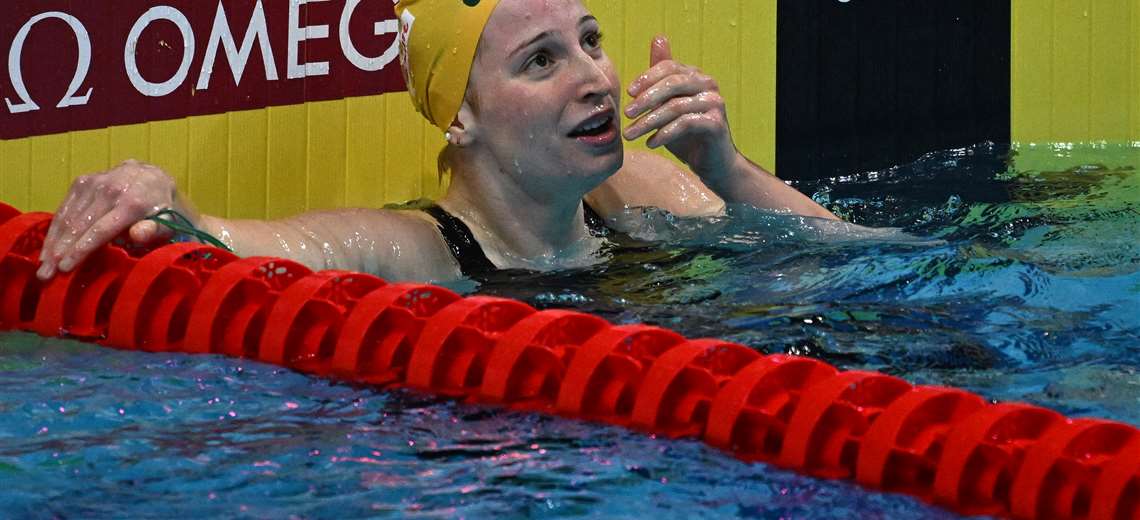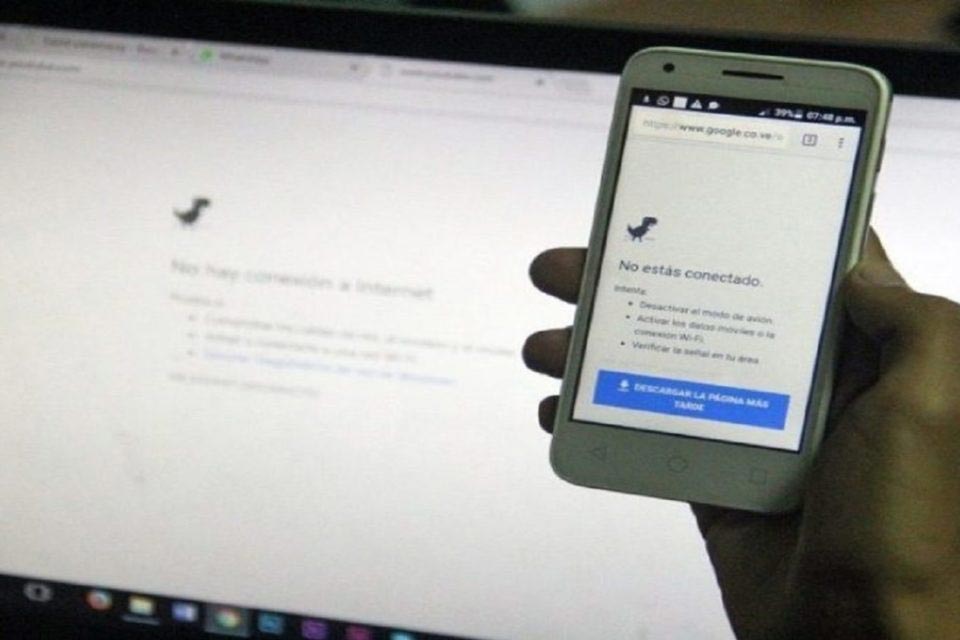Between 80 and 90 percent of children in Latin America and the Caribbean will be unable to understand a simple text due to the “educational catastrophe” caused by the coronavirus pandemic, according to forecasts released by international organizations.
The World Bank (WB), Unicef, Unesco, the United States Agency for Development (Usaid) and other international organizations have prepared a document entitled “Two Years Later: Saving a Generation”in which they ensured that four out of five children in Latin America and the Caribbean will not be able to understand a simple text.
The survey stated that the Covid-19 pandemic caused in Latin America and the Caribbean “the longest and most constant school closures on the planet, as a result of which students in the region lost an average of 1.5 years of learning,” the AFP news agency specified.
Also, this situation can mean “a step back more than ten years”, says the document.
The region “faces an unprecedented educational crisis that could compromise the future development of our countries,” said Carlos Felipe Jaramillo, World Bank Vice President for Latin America and the Caribbean.
“The fact that a large majority of sixth graders may not be able to understand what they read puts a question mark over the future well-being of millions of children who have not yet developed critical foundational skills, raising the risk of deepening further the long-standing inequalities in the region,” added the specialist.
For his part, Jean Gough, director of Unicef for Latin America and the Caribbean, pointed out that “too many children have not been able to return to school full time, and many of those who have returned are lost.”
“In both cases they are not learning”assured the specialist who described this situation as an “educational catastrophe” that is reproduced “day after day”.
Likewise, a second study, entitled “Situation of learning poverty worldwide: update 2022”, carried out by the same international organizations, stated that “nine out of ten students in the region are unable to read a simple text at the end of the lesson. primary education”.
According to Claudia Uribe, director of Oreal/Unesco Santiago, only by prioritizing education on the public agenda can a recovery be achieved in the matter.
Among the “key actions” to “redirect this generation”, the document proposes reintegrating all students who have left the education system and ensuring that they remain in it, as well as valuing and training teachers.








